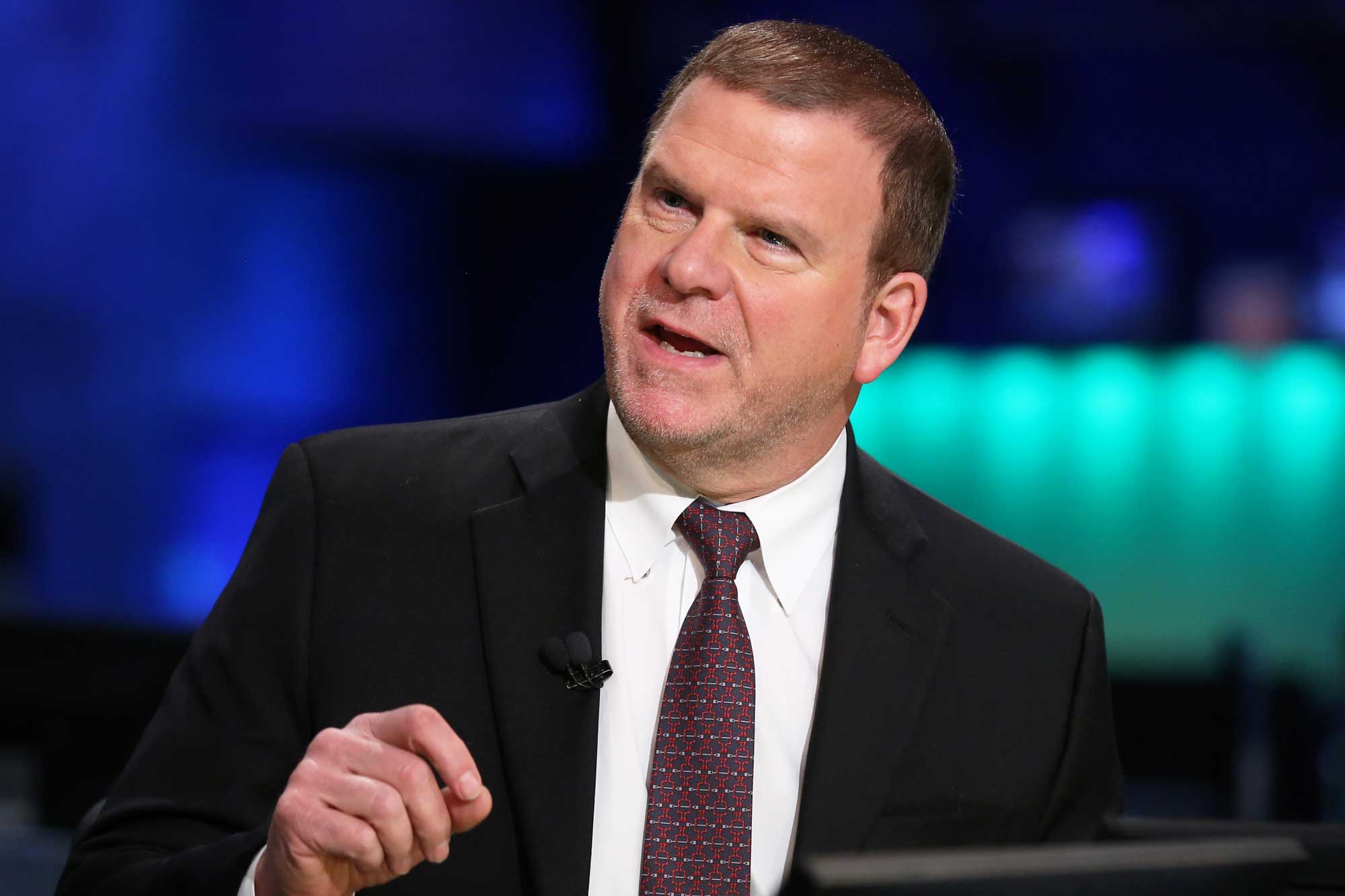
Landry’s Chairman and CEO Tilman Fertitta told CNBC on Tuesday that most of his restaurant chain’s brands will soon accept bitcoin as payment.
In an interview on “Power Lunch,” the billionaire businessman described the move as an “inevitable” step in the mainstreaming of cryptocurrencies.
“We’ll have it, probably, within all of our restaurant brands — or 80% to 90% — in the next 90 days, where you don’t have to use a Mastercard or Visa or American Express anymore. You can use bitcoin or other digital currencies,” Fertitta said.
Select locations of Mastro’s — one of Landry’s upscale concepts, with more than a dozen restaurants across the U.S. — are starting to take bitcoin this week, Fertitta said. The company’s other brands include Morton’s The Steakhouse and Bubba Gump Shrimp Co.
Fertitta noted that this is not a new step for him, pointing to his luxury car dealership in Houston that has accepted the digital coin since 2018. “The Houston Rockets are taking it” as well, said Fertitta, who owns the NBA team.
“It’s amazing how simple the transaction is, and it is here to stay. This is where it is, and it’s inevitable that this was going to happen,” Fertitta added.
Fertitta’s comments Tuesday come roughly three weeks after billionaire real estate developer Rick Caruso’s eponymous firm unveiled plans to accept bitcoin as rent payment at its residential and retail properties. Tesla allowed customers to buy its electric vehicles using bitcoin earlier this year.
Despite these moves, there are tax implications associated with using bitcoin to make purchases, because the Internal Revenue Service classifies it as property and spending bitcoin is essentially considered the same as selling it.
As a result, someone paying for an item or service in bitcoin could owe capital gains taxes at the point of ownership transfer — if bitcoin is worth more at that moment than when they acquired it.
The institutional adoption of bitcoin has increased in recent months. Some companies have bought bitcoin as an investment, and Goldman Sachs and Morgan Stanley are taking steps to offer wealth management clients exposure to the world’s largest cryptocurrency by market value.
At the same time, crypto skeptics have raised questions about the durability of bitcoin’s rally. It was priced below $11,000 per token as recently as October. On Tuesday, bitcoin traded a little below $55,000.
Bitcoin has so far retained its hallmark volatility, which is one reason some people question whether it is an effective means of transaction. “Something that moves 5% a day, 20% in a month — up or down — cannot be a currency. It’s something else,” Nassim Nicholas Taleb, the author of bestselling book “Black Swan,” told CNBC on Friday.
Some crypto bulls say bitcoin is akin to digital gold that can be used to hedge against inflation, not a currency used for everyday transactions. Taleb said he does not buy that, either.
“It’s a beautifully set up cryptographic system. It’s well made, but there’s absolutely no reason it should be linked to anything economic,” he said.




